With machine learning, astrophysicists can now simulate vast, complex universes in a fraction of the time it takes with conventional methods.


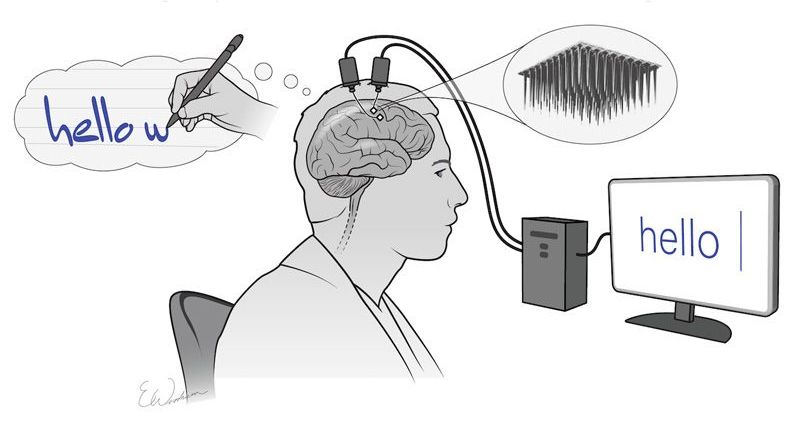

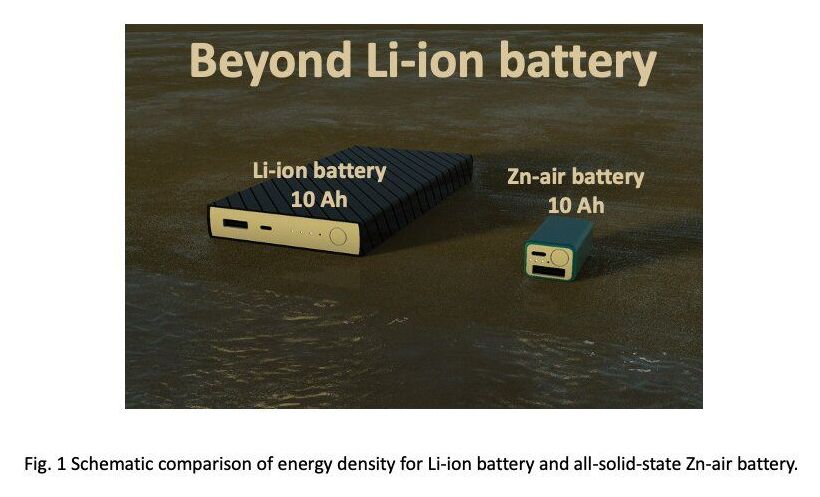
Zinc-air batteries (ZABs) are among the most promising next-generation battery technologies due to their many advantageous characteristics. Most notably, these batteries have unique half-open structures, a significant theoretical energy density (1086 and 1370 Wh kg−1 when including and excluding oxygen, respectively), flexible electrodes and an inherently aqueous electrolyte. Moreover, in contrast with other materials used in batteries, Zinc (Zn) is less harmful for the environment and more abundant.
Researchers at Hanyang University in South Korea recently designed a new type of zinc-air pouch cell that can outperform other commercially available battery technologies. These pouch cells, presented in a paper published in Nature Energy, use (101)-facet copper phosphosulfide [CPS(101)] as a cathode, anti-freezing chitosan-biocellulosics as super-ionic conductor electrolytes, and patterned Zn as the anode.
“Previous ZABs employing liquid (6 M KOH) electrolytes failed because of the sluggish kinetics for the oxygen reduction and evolution reactions (ORR/OER) and irreversibility of Zn accompanying the parasitic reactions over wide temperatures,” Jung-Ho Lee, one of the researchers who carried out the study, told Tech Xplore. “This feature inspired us to develop solid-state electrolytes, such as functionalized biocellulose, capable of transferring OH- ions effectively without parasitic reactions.”

Despite the obvious benefits of contemporary cloud-based, mobile application development solutions—such as cloud storage, notification management, real-time databases, and analytics—many developers of these solutions fail to properly take into account the potential security risks involved when these apps are misconfigured.
Most recently, Check Point Research has discovered misconfigurations and implementation issues that have exposed the data of 100 million mobile application users. This kind of exposure places both the users as well as the app developers at risk of reputation threats and security damage. In this instance, the developers left open notification managers, storage locations and real-time databases to access by attackers, thus leaving 100 million users vulnerable.
In terms of real-time databases, cloud services can help mobile app users sync their data to the cloud in real time. However, when developers do not correctly implement this service with authentication, any user can theoretically access that database, including all mobile customer data. In fact, researchers expressed surprise at facing no obstacles to accessing these open databases for certain apps on Google Play. Some of the aspects obtainable in this case were device locations, email addresses, passwords, private chats and user identifiers, among other attack vectors. Such vulnerabilities leave all of these users at risk for fraud and identity theft.
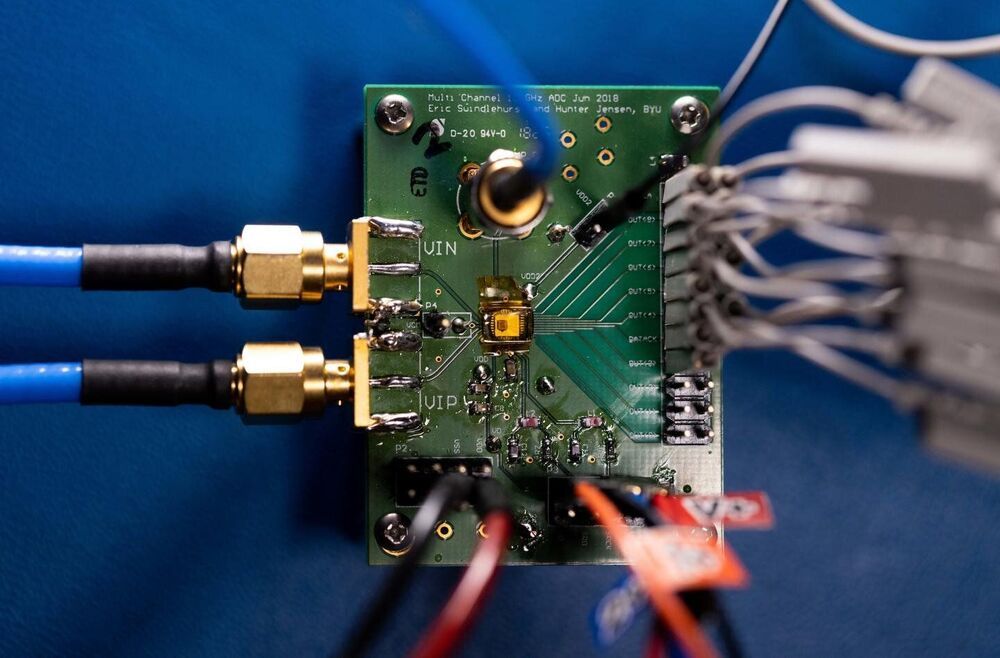
To meet soaring demand for lightning-quick mobile technology, each year tech giants create faster, more powerful devices with longer-lasting battery power than previous models.
A major reason companies like Apple and Samsung can miraculously pull this off year after year is because engineers and researchers around the world are designing increasingly power-efficient microchips that still deliver high speeds.
To that end, researchers led by a team at Brigham Young University have just built the world’s most power-efficient high-speed analog-to–digital converter (ADC) microchip. An ADC is a tiny piece of technology present in almost every electronic piece of equipment that converts analog signals (like a radio wave) to a digital signal.
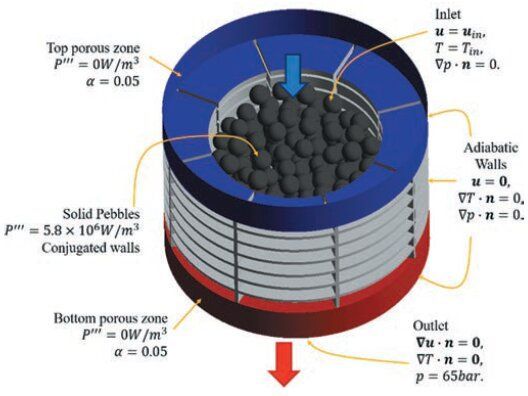
When one of the largest modern earthquakes struck Japan on March 11, 2011, the nuclear reactors at Fukushima-Daiichi automatically shut down, as designed. The emergency systems, which would have helped maintain the necessary cooling of the core, were destroyed by the subsequent tsunami. Because the reactor could no longer cool itself, the core overheated, resulting in a severe nuclear meltdown, the likes of which haven’t been seen since the Chernobyl disaster in 1986.
Since then, reactors have improved exponentially in terms of safety, sustainability and efficiency. Unlike the light-water reactors at Fukushima, which had liquid coolant and uranium fuel, the current generation of reactors has a variety of coolant options, including molten-salt mixtures, supercritical water and even gases like helium.
Dr. Jean Ragusa and Dr. Mauricio Eduardo Tano Retamales from the Department of Nuclear Engineering at Texas A&M University have been studying a new fourth-generation reactor, pebble-bed reactors. Pebble-bed reactors use spherical fuel elements (known as pebbles) and a fluid coolant (usually a gas).
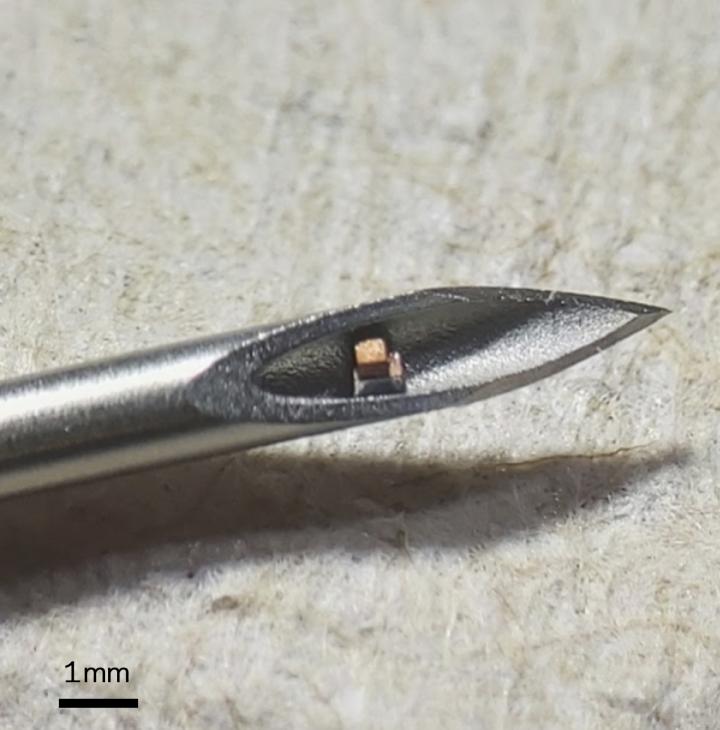
The continuing miniaturization of electronics is opening up some exciting possibilities when it comes to what we might place in our bodies to monitor and improve our health. Engineers at Columbia University have demonstrated an extreme version of this technology, developing the smallest single-chip system ever created, which could be implanted with a hypodermic needle to measure temperature inside the body, and possibly much more.
From ladybug-sized implants that track oxygen levels in deep body tissues to tiny “neural dust” sensors that monitor nerve signals in real time, scientists are making big steps when it comes to the functionality of tiny electronic devices. The implant developed by the Columbia Engineers breaks new ground as the world’s smallest single-chip system, which is a completely functional electronic circuit with a total volume of less than 0.1 mm3.
That makes it as small as a dust mite, and only visible under a microscope. The tiny chip required some outside-the-box thinking to make, particularly when it comes to the way it communicates and is powered.
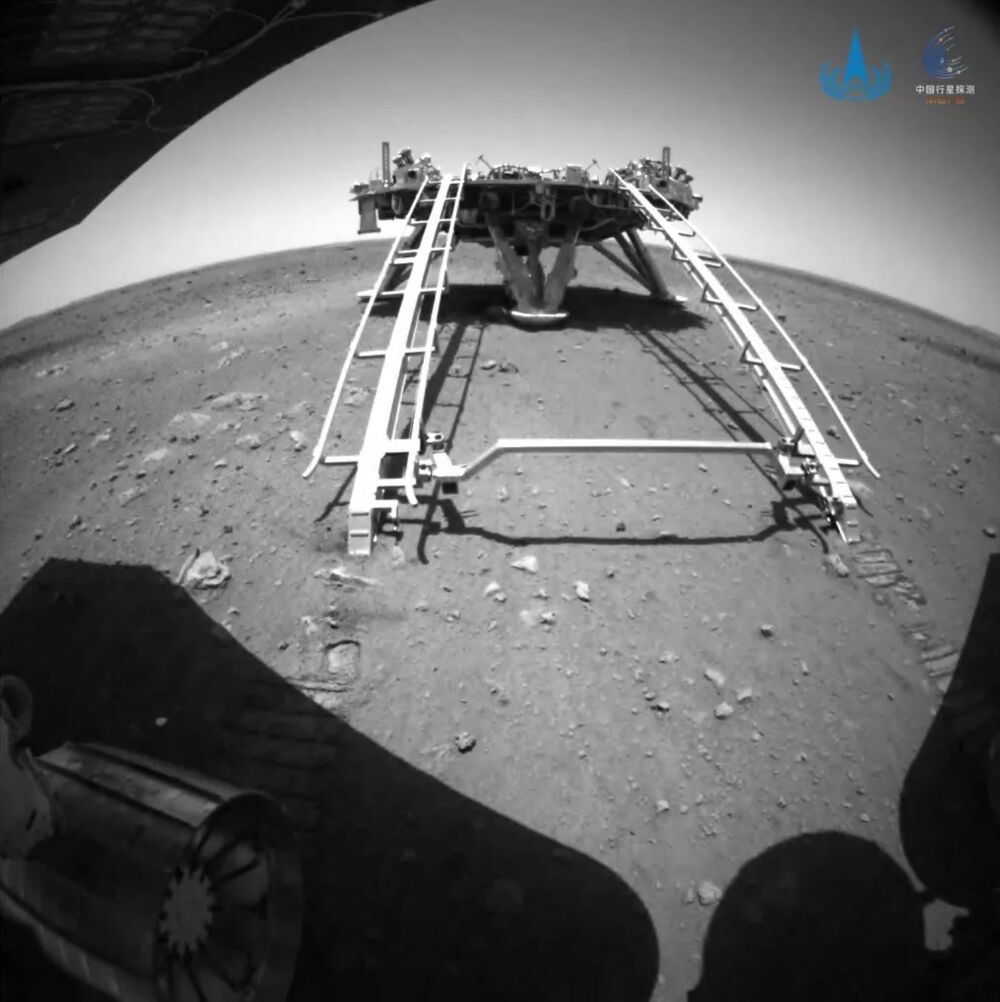
HELSINKI — China’s Zhurong rover descended onto the surface of Mars late May 21, a week after the vehicle’s historic landing in Utopia Planitia.
The China National Space Administration (CNSA) announced Saturday that the six-wheeled Zhurong had reached the surface at 10:20 p.m. Eastern Friday.
The rover will now begin science and exploration tasks in Utopia Planitia with six science payloads, including optical and multispectral cameras and ground-penetrating radar.
STARFORGE, an initiative dedicated to modeling early star formation, has released stunning supercomputer simulations of young protostars.